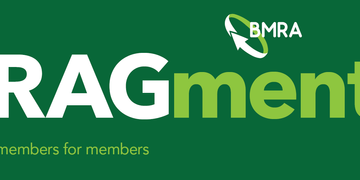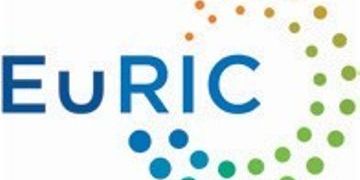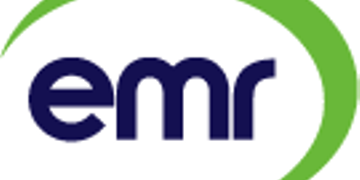Calls for swift actions for secondary raw materials
The European Recycling Industries’ Confederation (EuRIC) welcomes the publication of the Circular Economy Action Plan (CEAP) by the European Commission on 11 March 2020.
As rightly stressed throughout the CEAP, the transition towards a circular economy is instrumental to reach climate neutrality by 2050 and decouple economic growth from resource use. The recycling industry ticks all the boxes by substituting virgin materials and saving a substantial amount of greenhouse gas emissions and energy, while at the same time creating local, non-outsourceable jobs.
EuRIC strongly welcomes in particular the emphasis throughout the CEAP on incentives and recycled content to reward circular products and empower consumers in making sustainable choices. EuRIC has continuously stressed the need to pull the demand for recycled materials and internalise their environmental benefits so as to boost the transition towards a circular economy, said Emmanuel Katrakis, Secretary General of the Confederation. The priority given to circular design that increases recycled content in products with emphasis on plastics in packaging, vehicles and construction materials acknowledges the importance of steering markets towards more circularity, he added.
Creating a well-functioning EU market for secondary raw materials is another welcomed priority of the CEAP echoing EuRIC priorities for 2019-2024. This is where urgent action is needed. The European waste management and recycling market remains deeply fragmented by a myriad of jurisdictions interpreting key aspects of recycling activities across EU borders differently. EuRIC strongly supports the renewed emphasis on EU-wide end-of-waste criteria for key streams. This should go hand in hand with the simplification of the legal framework applicable to recycling activities in particular of waste shipment procedures to alleviate obstacles hindering the recycling of waste into high-quality secondary raw materials.
For European recyclers, access to adequate funding is also absolutely essential given the important disparities in waste management and recycling practices among Member States. Green public procurement, green finance, European funds and incentives have a key role to play in driving both public authorities, markets and citizens towards circularity.
EuRIC and its various material recycling Branches look forward working hand in hand with European policy-makers to translate the ambition of the new CEAP, be it on framework conditions or on key product value chains, into concrete measures that will boost recycling in Europe. This is all the more needed at a time where market conditions are severely impacting various recycling streams.
For further information, please contact EuRIC Secretariat at [email protected]
For full information regarding the CEAP visit the European Commission website: https://ec.europa.eu/environment/circular-economy/index_en.htm



